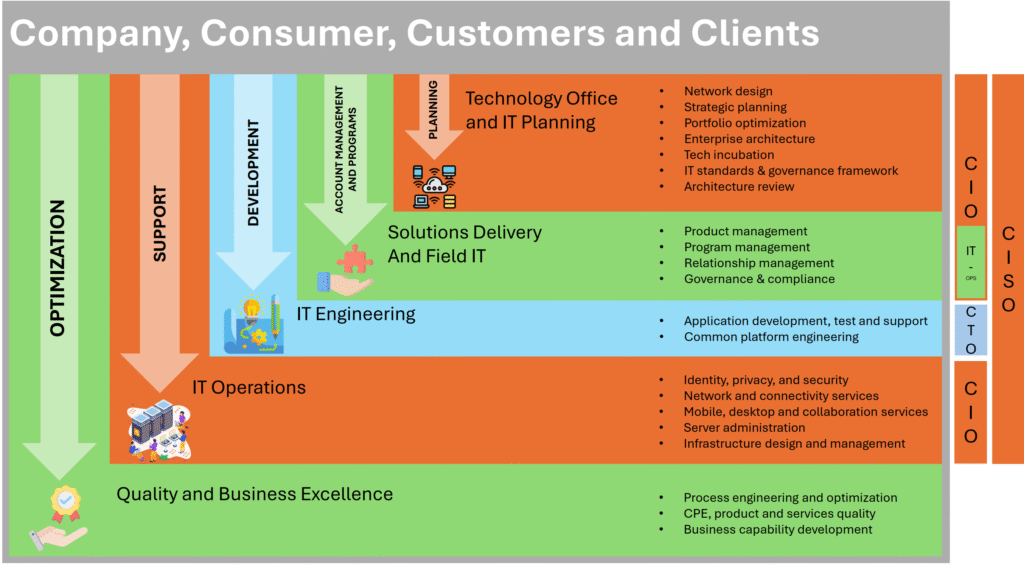 Reading Time: 2 minutes
Reading Time: 2 minutes
CISO due diligence refers to the process a CISO (Chief Information Security Officer) and their team conduct to assess the cybersecurity posture and practices of an organization or third party, particularly during mergers and acquisitions, or before entering into a significant business relationship. It’s about understanding and mitigating potential cyber risks before they impact the organization. Here’s a more detailed breakdown:

Purpose of CISO Due Diligence:
- Identify and mitigate cyber risks: The primary goal is to identify potential vulnerabilities, security gaps, and compliance issues within an organization or third-party’s systems.
- Assess security posture: Due diligence helps determine the overall strength of an organization’s cybersecurity defenses and their ability to protect sensitive data.
- Reduce risk before integration: It allows organizations to proactively address security concerns before a deal is finalized, a new vendor is onboarded, or a third-party service is integrated.
- Demonstrate due diligence for legal purposes: In some cases, due diligence is a legal requirement to show that reasonable steps were taken to protect against cybersecurity risks.
- CTEM: Continuous threat exposure monitoring is part of the effort as well, where visibility of all integrated components are a required element.
Key Aspects of CISO Due Diligence:
- Risk assessment: This involves identifying and evaluating the potential risks to an organization’s data, systems, and reputation.
- Vulnerability scanning: Scanning for known vulnerabilities in software, hardware, and network infrastructure.
- Compliance review: Evaluating adherence to relevant security standards, regulations, and industry best practices.
- Third-party risk assessment: Assessing the security of third-party vendors and suppliers, including their data protection practices.
- Breach simulation: Testing the organization’s security measures by simulating a real-world cyberattack.
- Documentation and reporting: Creating detailed reports documenting the findings of the due diligence process, including recommendations for improvement.
Why is CISO Due Diligence Important?
- Protecting sensitive data: Cybersecurity breaches can lead to significant financial losses, reputational damage, and legal liabilities.
- Ensuring business continuity: A robust cybersecurity posture is crucial for maintaining operational stability and avoiding disruptions.
- Meeting regulatory requirements: Many industries are subject to specific cybersecurity regulations, and due diligence helps ensure compliance.
- Building trust with stakeholders: Proactive cybersecurity measures can build trust with investors, customers, and partners.
- Reducing the cost of breaches: By proactively addressing security vulnerabilities, organizations can reduce the potential cost of a data breach.
In essence, CISO due helps identify and mitigate risks, protect against potential threats, and ensure compliance with relevant regulations and standards.